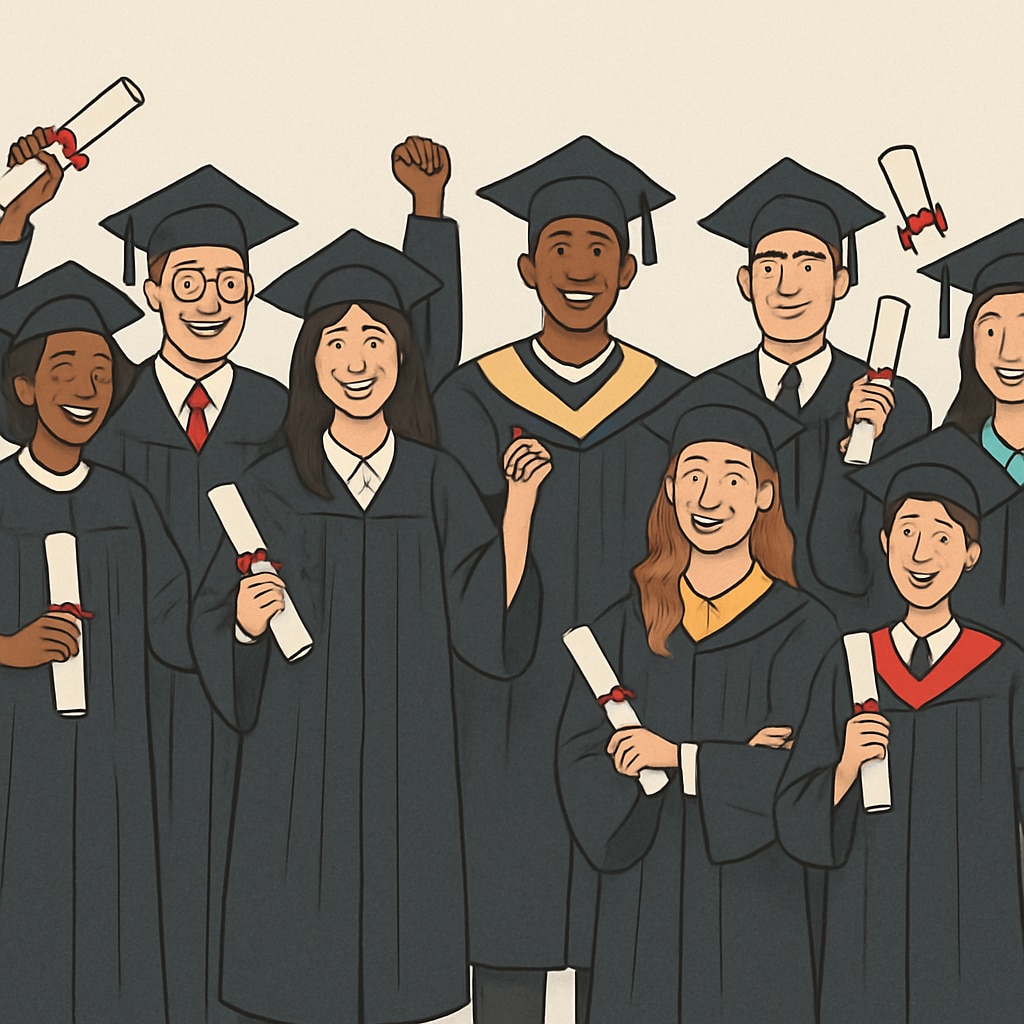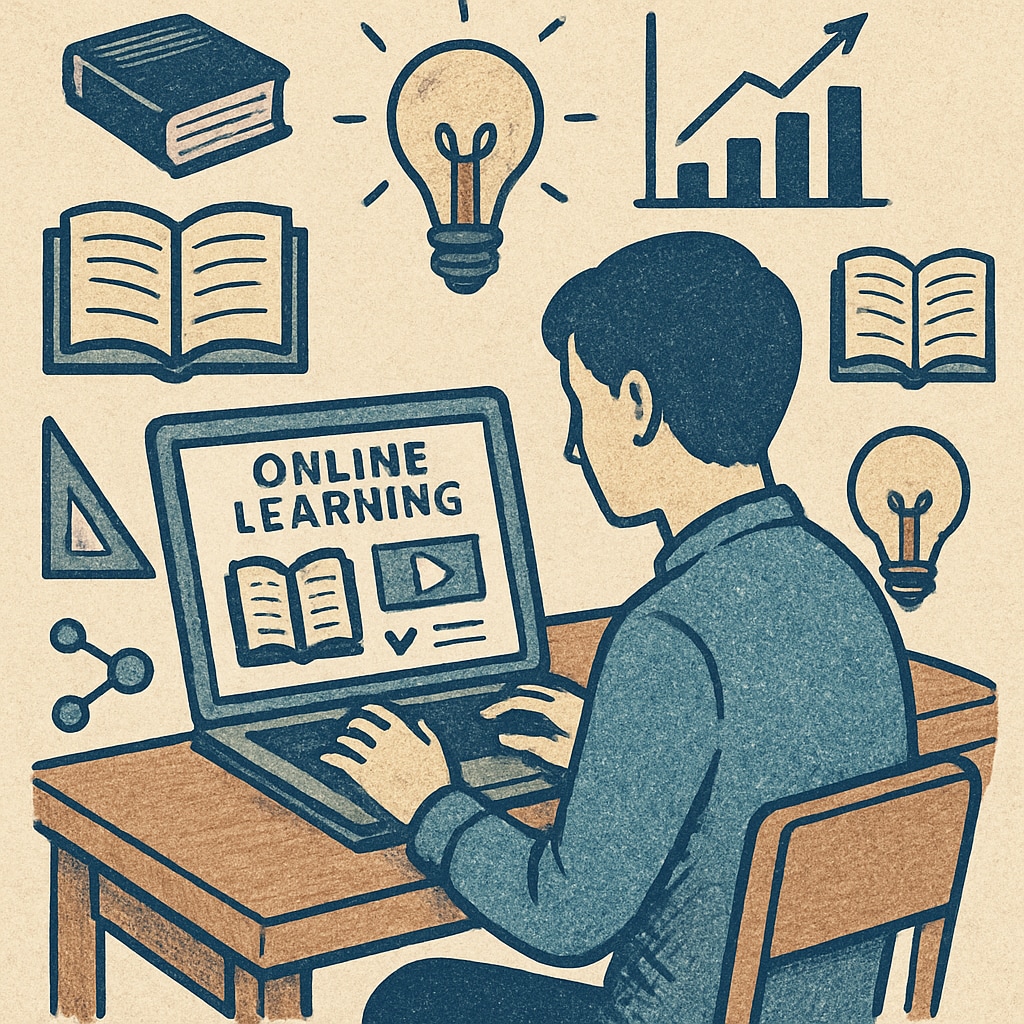For many individuals, receiving a modified high school diploma can be a bittersweet moment. While the diploma signifies the completion of their educational journey, it may also bring feelings of regret and a sense of being labeled. This regret often stems from societal perceptions of traditional versus modified diplomas, reinforced by an education system that sometimes lacks flexibility in recognizing different learning styles and life circumstances. However, it is important to remember that your value is not determined by a piece of paper. In this article, we will explore the emotional challenges tied to modified diplomas, the systemic issues contributing to these feelings, and actionable steps to redefine your worth and pursue growth beyond the stigma.
Understanding the Emotional Burden of a Modified Diploma
The emotional weight associated with a modified high school diploma often stems from societal expectations and the emphasis placed on academic achievement. Many people feel that a modified diploma is a reflection of their shortcomings, creating self-doubt and limiting their ambitions. This perception is not only unfair but also inaccurate, as it fails to consider the unique challenges and circumstances that may have led to this outcome.
For example, students with learning disabilities, mental health challenges, or difficult personal situations may require alternative educational plans. Unfortunately, the term “modified” can sometimes carry a stigma, as if it signals a deficiency rather than a tailored approach to success. As a result, graduates may internalize this view, leading to long-term regret and hesitation in pursuing their goals.

Why Regret Often Stems from Systemic Flaws
Regret over a modified diploma is often a symptom of deeper issues within the education system. The traditional model tends to prioritize uniformity over inclusivity, measuring success through standardized metrics that do not accommodate diverse learning needs. This approach can marginalize students who require alternative pathways, leaving them feeling undervalued and unsupported.
Additionally, the lack of public awareness about what a modified diploma truly represents perpetuates misconceptions. Employers, higher education institutions, and even family members may unintentionally reinforce the stigma, further undermining the confidence of graduates. Addressing these systemic flaws requires a collective effort to promote understanding, celebrate individual strengths, and create opportunities for all students to thrive.
Redefining Your Value Beyond the Diploma
While a modified diploma may shape your initial self-perception, it does not determine your future. Here are some practical steps to redefine your worth and build a fulfilling life:
- Focus on Skills Development: Identify your strengths and invest in building skills that are in demand, such as digital literacy, communication, or technical expertise. Online platforms like Coursera and edX offer affordable courses to help you grow.
- Explore Alternative Education Paths: Community colleges, vocational training programs, and certifications can provide valuable knowledge and open doors to new opportunities.
- Seek Mentorship: Connect with professionals who can guide you through career planning and personal development. Mentors can provide perspectives that challenge negative self-perceptions.
- Celebrate Your Journey: Reflect on how far you’ve come and the obstacles you’ve overcome. Recognize that your experiences have shaped your resilience and adaptability.

Growing Beyond Labels and Stigma
Breaking free from the limitations of a modified diploma requires shifting your mindset and embracing personal growth. Here are a few strategies to help you move forward:
- Set Realistic Goals: Define clear, achievable objectives that align with your passions and abilities. Success is a personal journey, not a competition.
- Challenge Negative Narratives: Whenever you catch yourself doubting your abilities, remind yourself of your strengths and accomplishments.
- Build a Support Network: Surround yourself with people who believe in your potential and encourage your aspirations.
- Advocate for Change: Share your story to raise awareness about the value of alternative education paths and inspire others to see beyond traditional labels.
Remember, the journey to success is rarely linear. What matters most is your willingness to adapt, learn, and strive for growth despite the challenges you face.
Conclusion: Embracing a Future Beyond the Diploma
A modified high school diploma does not define your worth or limit your potential. While societal perceptions and systemic flaws may contribute to feelings of regret, they do not have to dictate your future. By focusing on personal growth, exploring alternative pathways, and challenging the stigma, you can build a fulfilling and successful life. Your achievements, resilience, and determination matter far more than any label ever could.
Take the first step today: redefine your story, embrace your unique journey, and prove that success comes in many forms.


